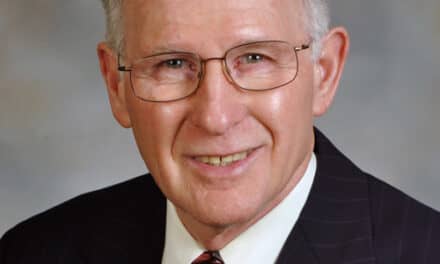The United States Supreme Court recent ruling in Armstrong v. Exceptional Child Care Center states that health care providers do not have standing to bring a lawsuit challenging inadequate Medicaid reimbursement rates based on a state’s failure to meet Medicaid’s equal-access requirement. In a commentary, the American Dental Association (ADA) has detailed its disappointment in the ruling.
The case arose when a health care provider in Idaho sought a federal court injunction to require the state to increase its rates consistent with the stated intent of the Medicaid Act to provide access to quality care and medical services, “at least to the extent that such care and services are available to the general public in the [relevant] geographic area.”
“This ruling creates yet another hurdle for advocates of Medicaid reform,” said ADA President Maxine Feinberg, DDS. “Dentists and physicians continue to vigorously advocate for improvements to state Medicaid programs. Oral health is vital to overall health, especially for chronic diseases such as diabetes, and yet most states allocate just 2% or less of their Medicaid budgets for dental services. This Supreme Court decision results in one less recourse for health care providers seeking to hold states accountable to federal mandates.”
The ADA, American Medical Association, American Academy of Pediatrics, American Academy of Family Physicians, and other health care associations had filed an amicus brief in support of the health care provider, arguing that the Supremacy Clause of the United States Constitution (the clause making federal law the supreme law of the land) created a private right of action that permitted the plaintiffs to seek the requested relief. The Court ruled, however, that the plaintiffs did not have standing to pursue their action and held that the only “corrective” remedy provided under the Medicaid Act was the power of the Secretary of Health and Human Services to withhold federal Medicaid money from Idaho.
The broad language used by the Court on the private remedy issue raises the question as to whether Medicaid patients will still have the right to challenge state underfunding of Medicaid programs.



